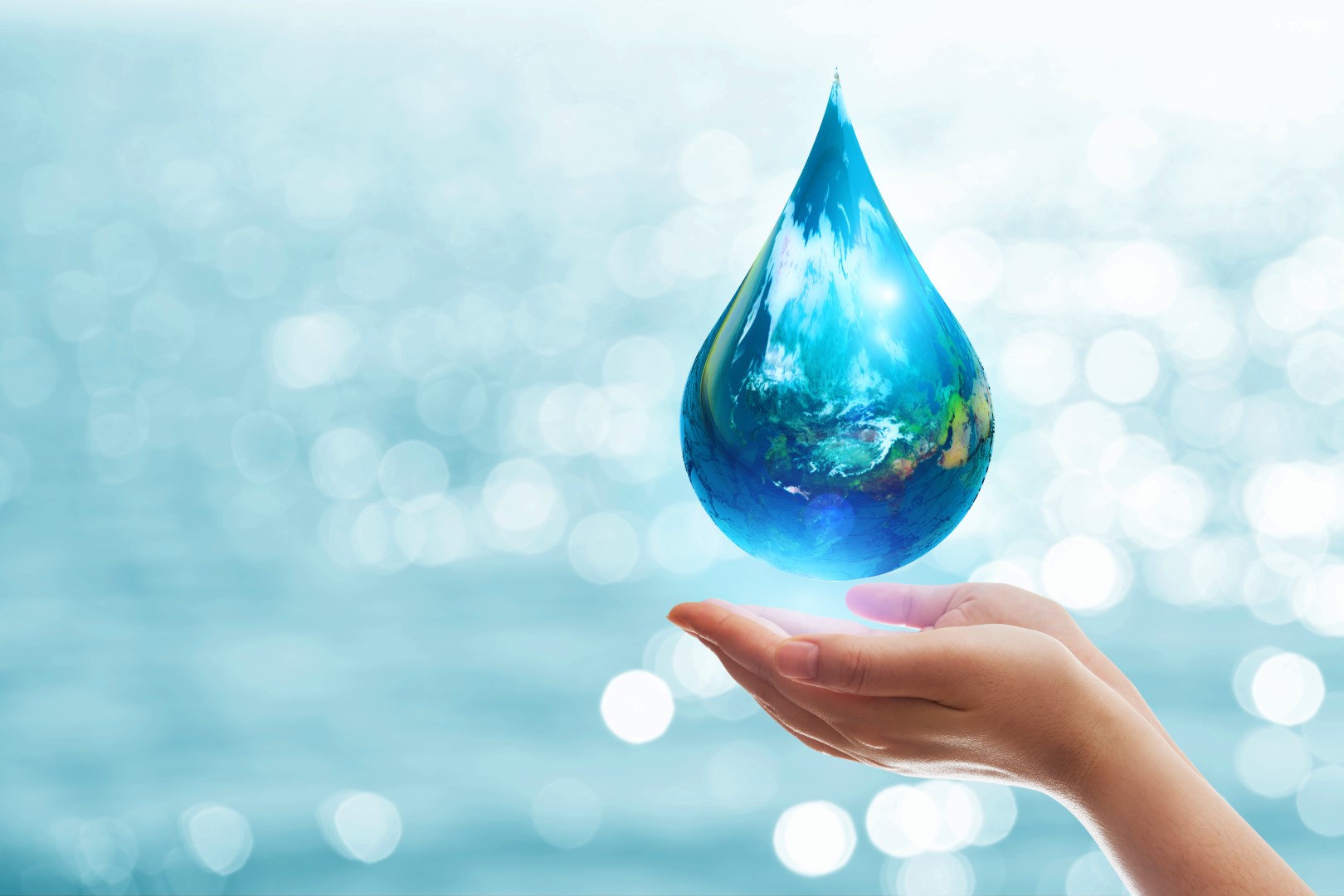We can’t live without water, thus protecting it is a top priority. Uses for this versatile liquid range from drinking and cleaning to farming and industrial processes. Scarcity of water is a major problem in many places of the world due to factors such as rapid population expansion and shifting climate. That’s why it’s so important to practice frugal water use to keep our planet habitable.
Reducing water consumption, eliminating water waste, and protecting water supplies for future generations are all goals of water conservation. We can safeguard the environment by reducing our water usage through measures like rainwater collection, water recycling, and the installation of water-efficient equipment.
Water conservation is an important step toward protecting the planet’s aquatic ecosystems. It lessens the likelihood that freshwater supplies may be depleted as a result of excessive demand. Also, it aids in avoiding water contamination, which is detrimental to marine life and human health. Water conservation not only reduces energy use, but also cuts emissions of greenhouse gases, helping to slow down global warming.
Conservation of water resources helps ensure the survival of many species, which is one of its greatest benefits. Wetlands, rivers, and lakes rely heavily on fresh water supplies. These ecological systems are home to a wide variety of plant and animal life. As water supplies are cut off, the quality of these ecosystems deteriorates, and the variety of life within them decreases. If we can keep these habitats from drying up due to water conservation, we can keep the species they support intact.
Everyone needs to do their share to help conserve water. Water conservation is a shared responsibility between individuals, families, corporations, and governments. Water conservation efforts can be made on both the national and local levels, with governments enacting legislation and regulations while individuals and families engage in water-saving behaviors including repairing leaking faucets, investing in water-efficient appliances, and taking shorter showers.
Reducing our water consumption is one of the most important things we can do for the health of our world. We can protect our water supply, lessen our impact on the environment, and save money by using a variety of water conservation measures. Helping to protect biodiversity, halting water pollution, and reducing the effects of climate change are all possible through water conservation. It’s everyone’s job, and if we all pitch in, we can build a better future that lasts for us and the next generation.
